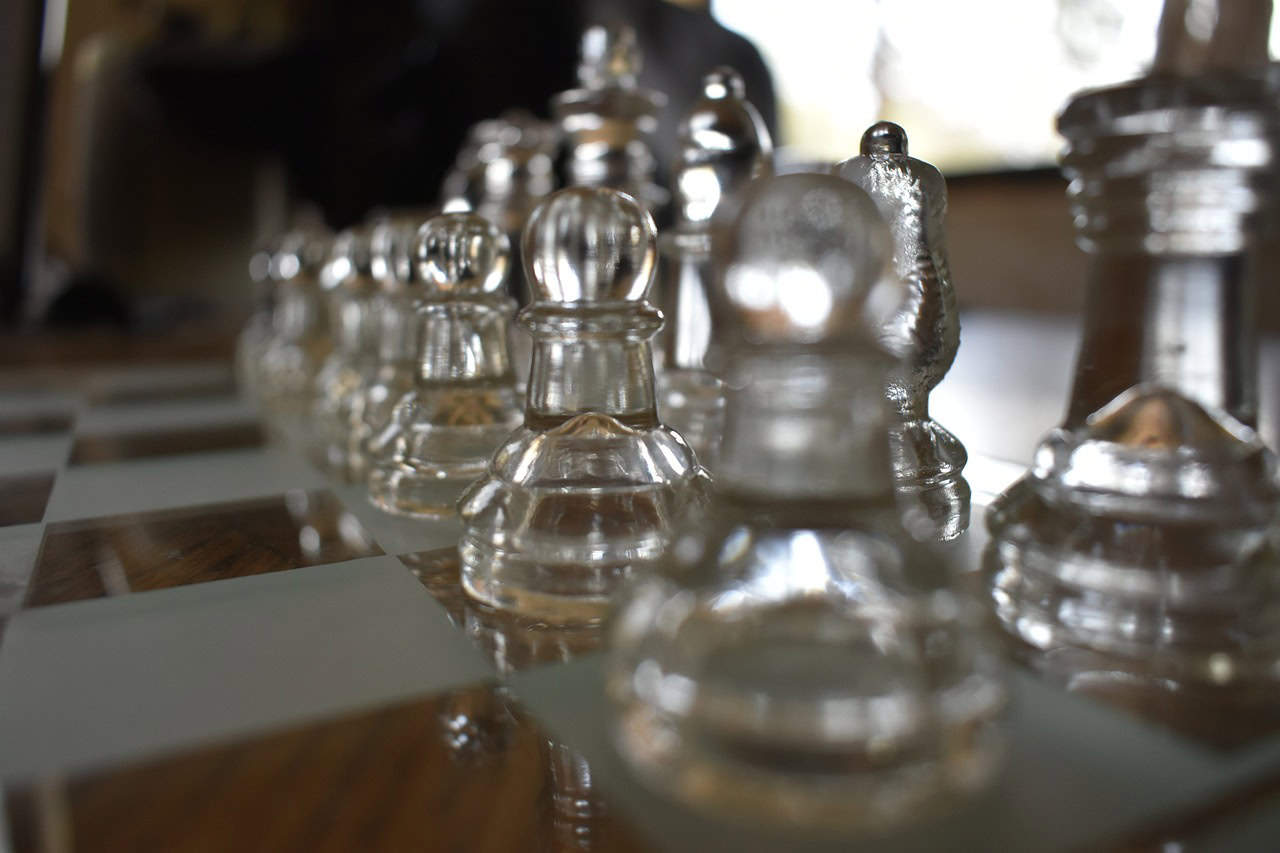Navigating Your Self-Discipline Journey: A Path to Achieving Goals
Embarking on your self-discipline journey is both an exciting and challenging endeavor. It's a commitment to mastering your impulses and emotions to achieve personal and professional goals. Understanding what self-discipline is and how it influences your success is essential for anyone seeking to reach their full potential.
What is Self-Discipline?
Self-discipline is often defined as the ability to control one's emotions, impulses, and desires. This control allows you to stay focused on long-term goals, even in the face of temptations and distractions. Cultivating self-discipline is paramount for personal growth and can lead to better decision-making and behavioral regulation.
Why is Self-Discipline Important?
- Achieving Goals: Self-discipline is the backbone of success across various domains, including academics and careers.
- Fostering Resilience: By developing self-discipline, you build resilience against setbacks, allowing you to bounce back stronger.
- Improving Focus: It helps in concentrating on important tasks instead of succumbing to distractions.
Key Components of Your Self-Discipline Journey
Understanding the foundations of self-discipline can guide your growth:
1. Internal Motivation
Having a strong intrinsic motivation will propel you forward in your journey. This internal drive needs to align with your personal values and long-term objectives.
2. Habit Formation
Building consistent habits is a crucial component of self-discipline. Starting small allows you to establish a routine that can transform into disciplined behavior over time.
3. Emotional Regulation
Managing your emotional responses through regular self-assessments can enhance your ability to control impulses. Emotional check-ins can be effective in this regard.
Strategies to Enhance Self-Discipline
-
Establish a Routine: Create structured daily habits to simplify decision-making. The less you have to think about minor choices, the more mental energy you can devote to significant ones.
-
Reflect and Adjust: Keep a journal to track your progress. Reflect on setbacks and make necessary adjustments to your strategies.
-
Reward Yourself: Implementing a reward system can motivate you to adhere to your goals. Celebrate small victories along the way!
-
Remove Temptations: Identify and eliminate distractions that can deter you from reaching your goals.
-
Make a Commitment: Whether personal or public, a commitment fosters accountability, helping you stay on track.
Taking the Next Steps
The journey of self-discipline is ongoing and requires patience and persistence. To gain additional insights and strategies, consider diving deeper into comprehensive resources. I highly recommend the "Iron Discipline" ebook and course available at Iron Discipline Ebook and Iron Discipline Course. These resources will provide you with structured guidance and actionable strategies to further enhance your self-discipline journey.
Conclusion
Embarking on your self-discipline journey can be transformative, paving the way for personal growth and success. By understanding the key components and implementing effective strategies, you can cultivate the discipline needed to achieve your goals. Remember, the road may be long, but the rewards are worth it. Begin your journey today by exploring additional resources and committing to your path.
Next Steps
-
Reflect on Your Motivation: Take time to identify what fuels your intrinsic motivation. Write down your personal values and long-term goals to ensure they align with your self-discipline journey.
-
Start Small with Habits: Choose one specific habit you want to develop and commit to practicing it daily. Consistency is key, so focus on making this habit a part of your routine.
-
Conduct Emotional Check-Ins: Schedule regular times to assess your emotional state. Journaling can be a helpful tool to identify triggers and learn how to manage your impulses effectively, enhancing your emotional regulation.
-
Establish a Clear Routine: Design a structured daily schedule that prioritizes your most important tasks. This will help minimize decision fatigue and give you the mental space to focus on your self-discipline journey.
-
Implement Rewards: Create a reward system for yourself. Celebrate small milestones to maintain motivation and reinforce your commitment to your goals.
-
Eliminate Distractions: Take inventory of potential distractions in your environment. Physically removing these items or setting limits on their usage can significantly enhance your focus.
-
Make a Public Commitment: Share your goals with friends, family, or an online community. Public accountability can boost your commitment and support you on your self-discipline journey.
-
Explore Additional Resources: To further enhance your understanding and strategies, consider checking out articles such as The Role of Self-Discipline for deeper insights into how self-discipline affects various aspects of life.
By following these actionable steps, you can strengthen your self-discipline and progressively work towards achieving your personal and professional goals. Remember, persistence is essential—embrace each moment of your journey!
